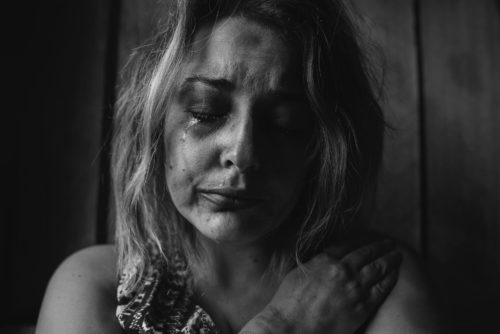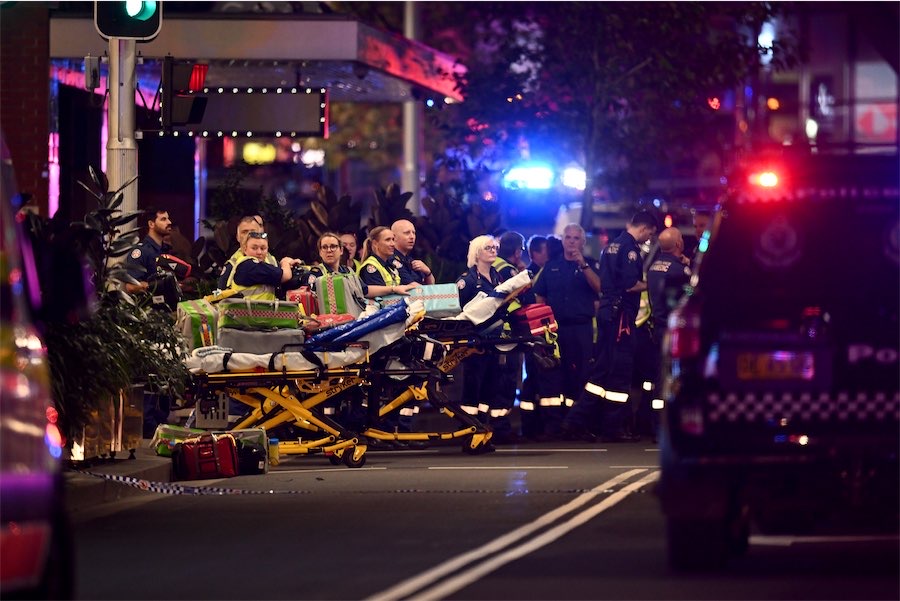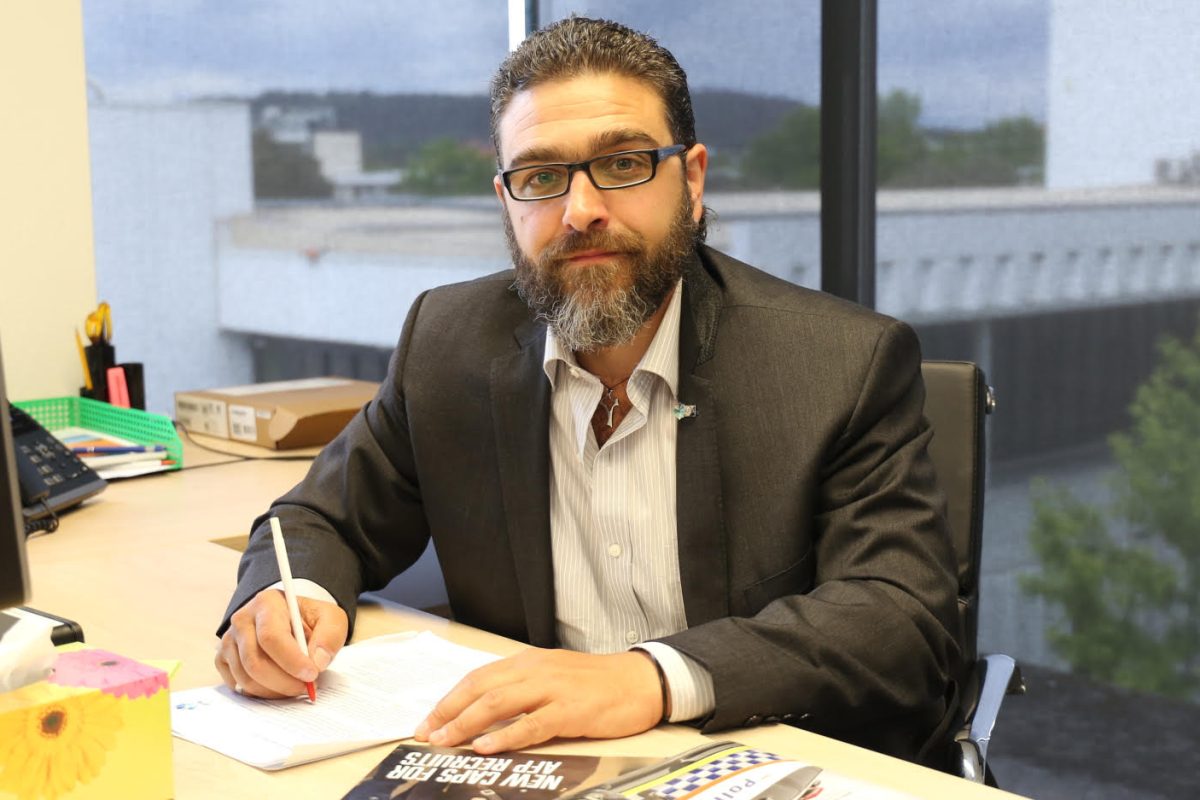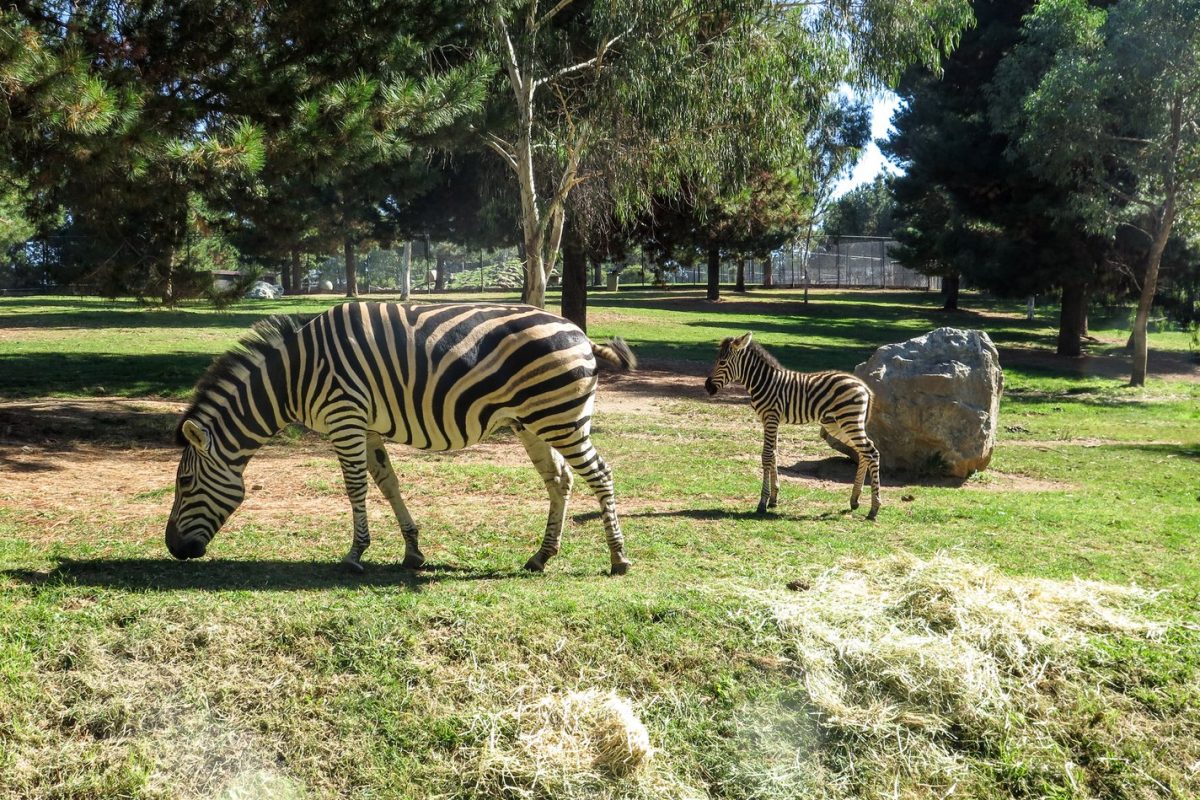
NEW research from ANU is unearthing strategies women use to keep safe when they are confronted by domestic violence, as well as challenging popular misconceptions about who experiences it in Australia.
PhD researcher Hayley Boxall, from the ANU Centre for Social Research and Methods, is asking women from Canberra and the surrounding areas to help with her study examining what women do to try and stay safe and end violence in their relationships.
Ms Boxall says a diverse range of women have already shared their stories with a range of different experiences and strategies.
She says common strategies include avoiding triggers, threatening to leave or end the relationship, and talking to their partner about the impact of the violence on them and their families.
Some of the women have also asked for support from their own or their partner’s family, asked the partner to seek counselling and have tried to be the “perfect partner” to appease their abuser.
“Many of the women coming forward have been victims of coercive control, threatening behaviour, gas-lighting, property damage, physical and sexual violence,” Ms Boxhall says.
“And for many of these women experiencing coercive control it is only in hindsight they can see the abuse.
“We are so good at identifying physical risk but emotional risk is more difficult to comprehend.”
The research is being conducted by self-nominated face-to face confidential interviews.
“The only criteria to participate in the research is that women must be 18 years or older and have not experienced violence in the past six months,” says Ms Boxall.
“This includes relationships that are ongoing or that have ended.”
The study suggests domestic violence affects women from all walks of life.
“Most of the women I have been speaking to are highly educated and have professional backgrounds but it isn’t really the demographic we think of when we think of domestic violence victims,” Ms Boxall says.
“We tend to view women who experience domestic violence as very passive and beaten down, but these women are not. They have resources and they use them to negotiate their risk.”
Ms Boxall says she hopes the research will change narratives about domestic violence survivors, and help with safety planning processes.
To participate please visit bit.ly/endingdvstudy
Who can be trusted?
In a world of spin and confusion, there’s never been a more important time to support independent journalism in Canberra.
If you trust our work online and want to enforce the power of independent voices, I invite you to make a small contribution.
Every dollar of support is invested back into our journalism to help keep citynews.com.au strong and free.
Thank you,
Ian Meikle, editor





Leave a Reply